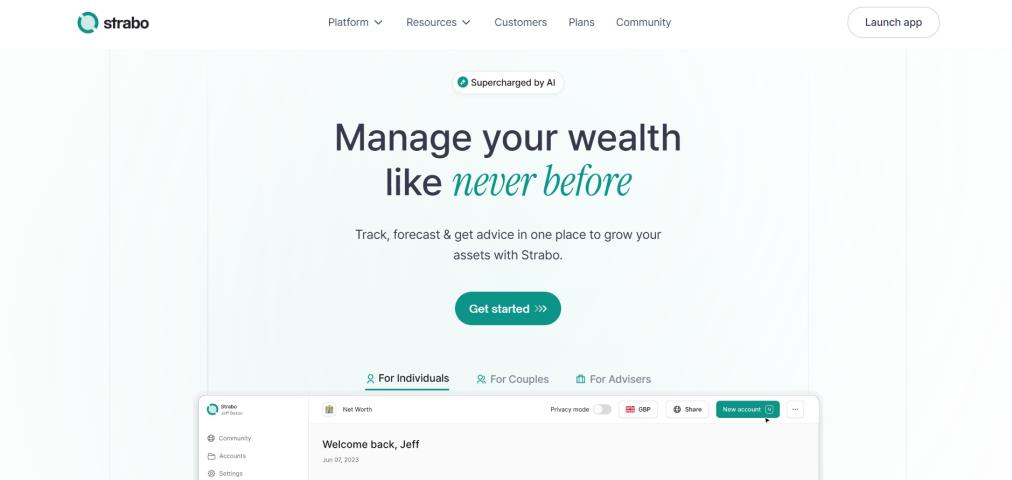Corporate giants and financial elites have long understood a fundamental truth: controlling narratives means controlling outcomes. When wealth is concentrated in the hands of a few, so too is the power to shape what people believe, value, and ultimately, how they vote or behave as consumers.
Mainstream media, for instance, is often owned by a handful of conglomerates. This allows influential economic players to subtly guide public discourse by highlighting certain stories while ignoring others. When news coverage consistently reflects the interests of advertisers, sponsors, or parent companies, the line between journalism and corporate messaging blurs.
Another powerful tool is the use of think tanks and lobby groups. These institutions often present themselves as independent, but are frequently funded by corporations or billionaires with vested interests. By producing reports, influencing policymakers, and appearing in media as "experts," they shape public policy and opinion under the guise of objectivity.
Social media platforms have added a new layer to this manipulation. With advanced algorithms, economic powerhouses can amplify favorable content and suppress dissenting views. Sponsored posts, influencer marketing, and data-driven targeting create echo chambers that reinforce specific ideologies—often those aligned with corporate agendas.
Education is also not immune. Funding for universities and research institutions can subtly (or overtly) steer the focus of study and public debate. When certain areas of inquiry receive disproportionate support, it distorts our collective understanding of what issues matter most.
Awareness is the first step toward resistance. A well-informed public can begin to question narratives, demand transparency, and push for diverse sources of information. True democracy requires not just a vote, but also the freedom to think critically—without undue influence from those who benefit most from the status quo.





